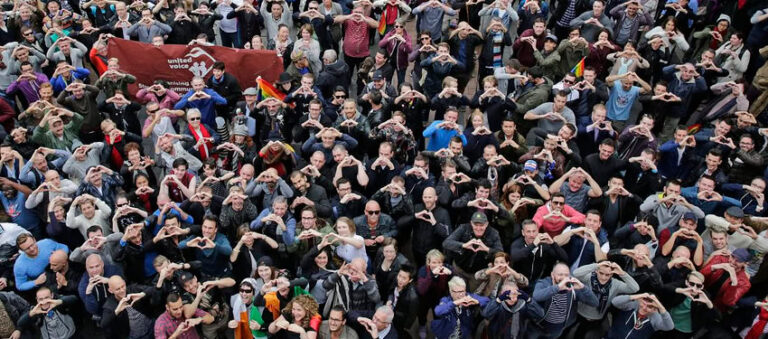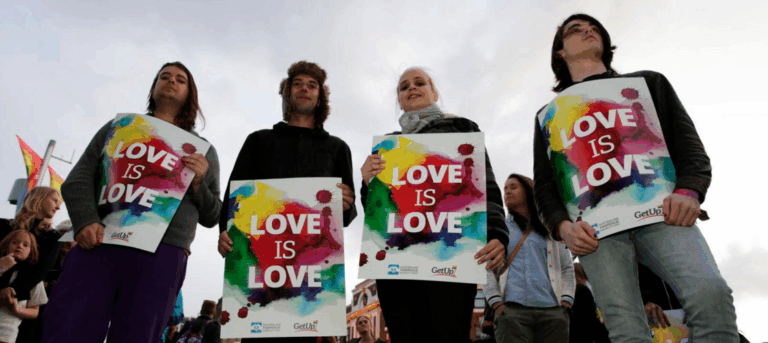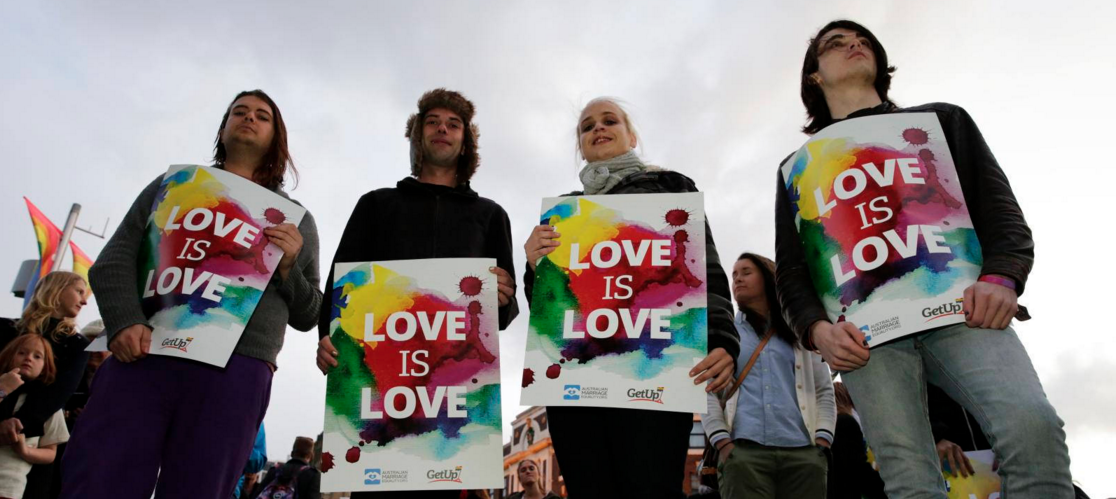

 I was very happy last week to see Benn Dorrington’s, We Need Reform, Not Rainbows story in this newspaper. This is a debate worth having, and I’m glad to see Star Observer take it up. One of the most interesting elements from the article were the quotes from the NSW Gay and Lesbian Rights convenor Justin Koonin.
I was very happy last week to see Benn Dorrington’s, We Need Reform, Not Rainbows story in this newspaper. This is a debate worth having, and I’m glad to see Star Observer take it up. One of the most interesting elements from the article were the quotes from the NSW Gay and Lesbian Rights convenor Justin Koonin.
Koonin said: “I think there is a potential for complacency for a lot of people in our community; a lot of people in the community can lead lives relatively free from discrimination and that’s thanks to the tremendous work in the past.”
Looking back on my life, I think I am one of those people. I really can’t pinpoint a real example of direct discrimination against me (apart from the overall bigotry we still see in the world). Given this, I can see what Koonin meant then when he said this about same-sex marriage: “It’s easy for some of us to think that everything has been done and once marriage equality has been done there’s nothing more to do, but that’s simply not the case and I think we need to be careful we don’t create a community [in] which some of us are equal and some of us are not.”
This all opens up big questions about how we frame a queer movement going forward. Because this idea that ‘everything has been done’ is right for some, it clearly isn’t for all. The fight for queer liberation is far from won.
So, that leads to the question of how did we end up with a focus on rainbows over reforms? There are lots of reasons for this, but I think part of it is about the lack of diversity in parts of the queer movement. Even though we are often the people who face the least amount of discrimination, I think it is people like me who often dominate the leadership structures of the movement. People of colour, working-class people, trans and intersex folk, and even women are often left out of the queer debate, both internally and externally. And when you think about this you can see how we end up with fights over rainbows instead of reforms. For those of us who haven’t faced institutional discrimination it is the rainbows that matter.
I’m not saying that middle-class white men don’t have a position in our movement – otherwise I wouldn’t be writing here today. But if we want to challenge queerphobia at all levels we need to ensure the movement is open, accepting, and diverse. Unfortunately I’m not sure it is at the moment, and we need to challenge that.




